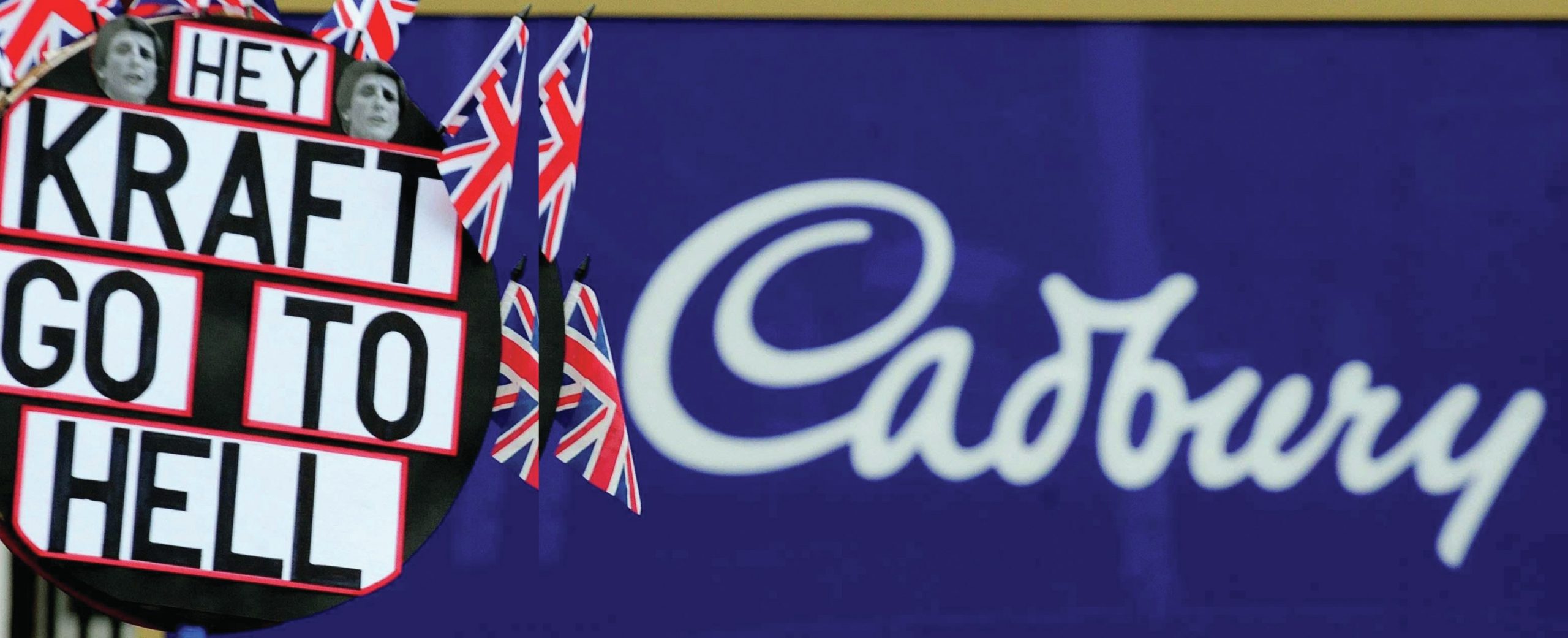
The pre-release material for the summer 2012 AQA BUSS4 exam was about takeovers and mergers. This material will be featured again in the January 2013 series of exams. This article looks at the counter-argument for mergers and takeovers, where firms look to break up their operations. The strategy of demerging has become more popular in the fast-moving world of business as firms seek to adapt in a way that will give them success or at worst prevent failure.
A demerger is where a business splits itself into two or more parts and these become standalone companies with their own shareholders and boards of directors. This process goes one step further than a business having its operations in several operating divisions as profit centres. A demerger is a legal separation of the constituent parts of a larger organisation. The trend towards demerging in the UK gathered pace in the 1990s and has continued ever since, although the reasons for it have changed over time. In the last 11 years there have been three stories that have captured the headlines more than most.
Your organisation does not have access to this article.
Sign up today to give your students the edge they need to achieve their best grades with subject expertise
Subscribe




